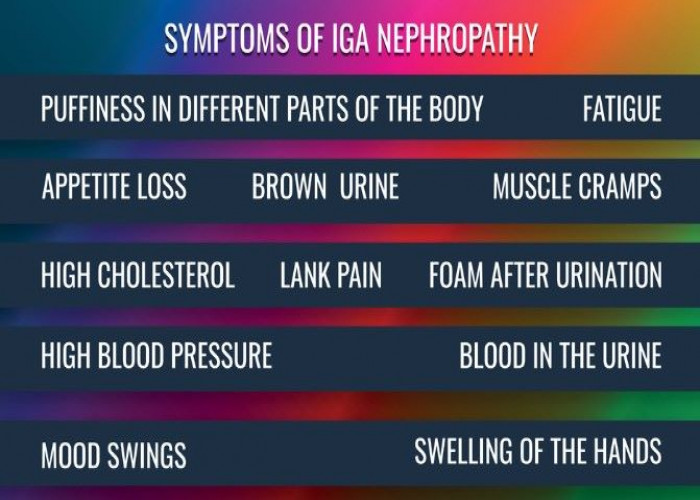 Welcome
Welcome
“May all be happy, may all be healed, may all be at peace and may no one ever suffer."
IgA nephropathy (Berger's disease)

IgA nephropathy, also known as Berger's disease, is a kidney disease that occurs when an antibody called immunoglobulin A (IgA) builds up in the kidneys, causing inflammation and damage. It is a relatively common kidney disease, accounting for up to 30% of all cases of glomerulonephritis, a group of kidney diseases that affect the glomeruli, the tiny blood vessels in the kidneys that filter waste and excess fluids from the blood.
The exact cause of IgA nephropathy is not fully understood, but it is thought to be related to an abnormal immune response to certain infections or other triggers, which can cause the buildup of IgA in the kidneys. The disease often progresses slowly over many years, and some people may not experience any symptoms until the later stages of the disease.
Symptoms of IgA nephropathy may include blood in the urine, protein in the urine, swelling in the legs, ankles, and feet, high blood pressure, and decreased urine output. Over time, the disease can lead to chronic kidney disease, end-stage kidney disease, and the need for dialysis or a kidney transplant.
Treatment for IgA nephropathy typically involves medications to control blood pressure and reduce inflammation in the kidneys, such as angiotensin-converting enzyme (ACE) inhibitors or angiotensin receptor blockers (ARBs). Immunosuppressive medications, such as corticosteroids, may also be used in some cases to reduce inflammation in the kidneys and slow the progression of the disease.
Living with IgA nephropathy can be challenging, both physically and emotionally. It is important for people with the condition to work closely with their healthcare providers to develop a personalized treatment plan that addresses their unique needs and concerns. Support from family, friends and peer groups can also be helpful in managing the condition and maintaining a positive outlook.
Research Papers
Disease Signs and Symptoms
- Tea-colored urine
- Blood in urine (hematuria)
- Excess protein or cloudy urine (proteinuria)
- Swollen (Edema)
- High blood pressure (hypertension)
- Foamy urine from protein leaking into the urine (proteinuria)
- Pain in one or both sides of your back below the ribs
- Swelling (edema) in your hands and feet
- Being preoccupied with having or getting a serious disease or health condition
Disease Causes
IgA nephropathy (Berger's disease)
Your kidneys are two bean-shaped, fist-sized organs situated at the small of your back, one on each side of your spine. Each kidney contains tiny blood vessels that filter waste, excess water and other substances from your blood as they pass through your kidneys. The filtered blood reenters your bloodstream, while the waste material passes into your bladder and out of your body when you urinate.
Immunoglobulin A (IgA) is an antibody that plays a key role in your immune system by attacking invading pathogens and fighting infections. But in IgA nephropathy, this antibody collects in the glomeruli, causing inflammation (glomerulonephritis) and gradually affecting their filtering ability.
Researchers don't know exactly what causes IgA deposits in the kidneys, but the following might be associated:
- Genes. IgA nephropathy is more common in some families and in certain ethnic groups.
- Liver diseases. These include cirrhosis, a condition in which scar tissue replaces normal tissue within the liver, and chronic hepatitis B and C infections.
- Celiac disease. Eating gluten, a protein found in most grains, triggers this digestive condition.
- Infections. These include HIV and some bacterial infections.
Disease Prevents
IgA nephropathy (Berger's disease)
You can't prevent IgA nephropathy. If you have a family history of the disease, talk with your doctor about what you can do to keep your kidneys healthy, such as reducing high blood pressure and keeping your cholesterol at healthy levels.
Disease Treatments
There's no cure for IgA nephropathy and no sure way of knowing what course your disease will take. Some people need only monitoring to determine whether the disease is getting worse.
For others, a number of medications can slow disease progress and help manage symptoms.
Medications to treat IgA nephropathy include:
- High blood pressure medications. Taking angiotensin-converting enzyme (ACE) inhibitors or angiotensin receptor blockers (ARBs) can lower your blood pressure and reduce protein loss.
- Omega-3 fatty acids. These fats, available in dietary fish oil supplements, might reduce inflammation in the glomeruli without harmful side effects. Talk to your doctor before you start supplements.
- Immunosuppressants. In some cases, corticosteroid medications, such as prednisone, and other potent drugs that suppress the immune response (immunosuppressants) might keep your immune system from attacking your glomeruli. These drugs can cause serious side effects, such as high blood pressure, high blood sugar and increased risk of infection.
- Statin therapy. If you have high cholesterol, cholesterol-lowering medications can help control it and slow the progression of kidney damage.
- Diuretics. These help remove extra fluid from your blood. Removing extra fluid can help improve blood pressure control.
The ultimate goal is to avoid the need for kidney dialysis or kidney transplantation. But in some cases, dialysis or transplantation is necessary.
Disease Diagnoses
Disease Allopathic Generics
Disease Ayurvedic Generics
Disease Homeopathic Generics
Disease yoga
IgA nephropathy (Berger's disease) and Learn More about Diseases
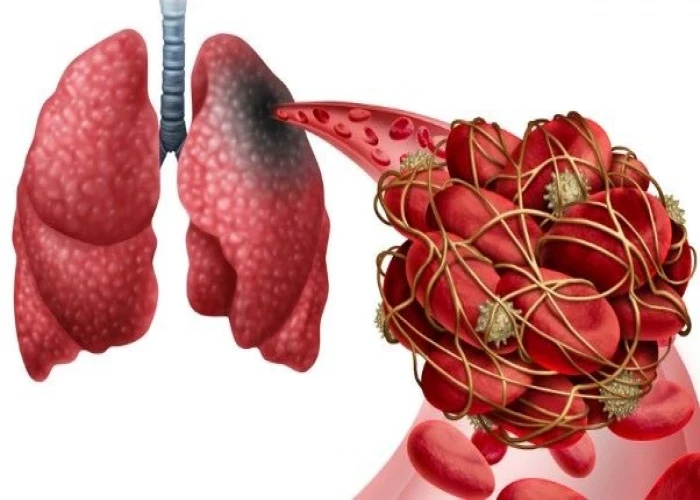
Pulmonary embolism

Galactorrhea

Chronic hives

POEMS syndrome
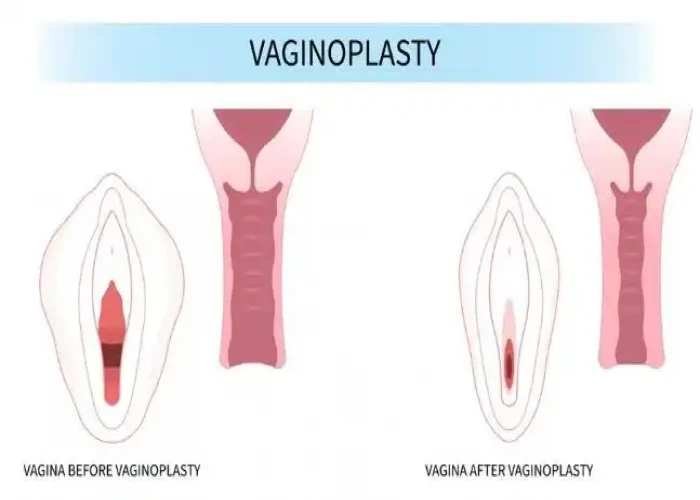
Vaginal agenesis
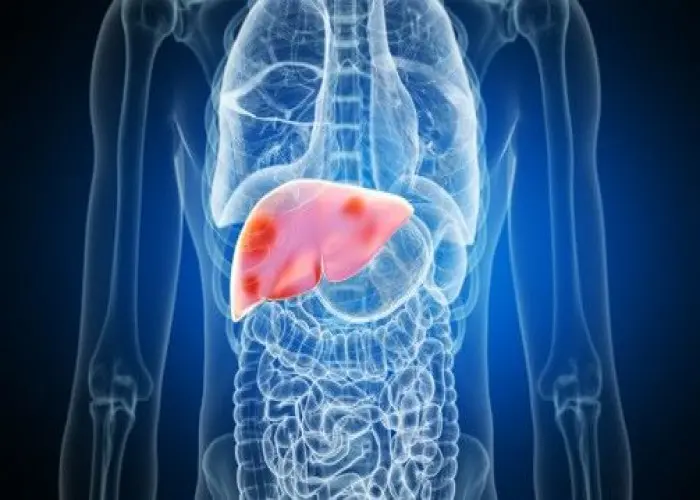
Hemochromatosis
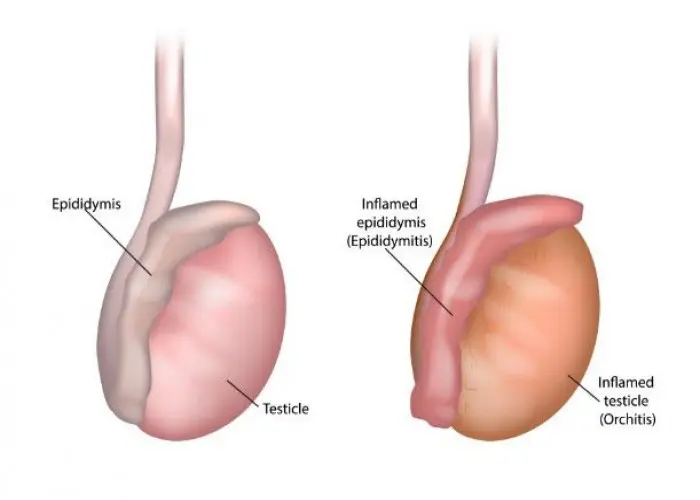
Epididymitis
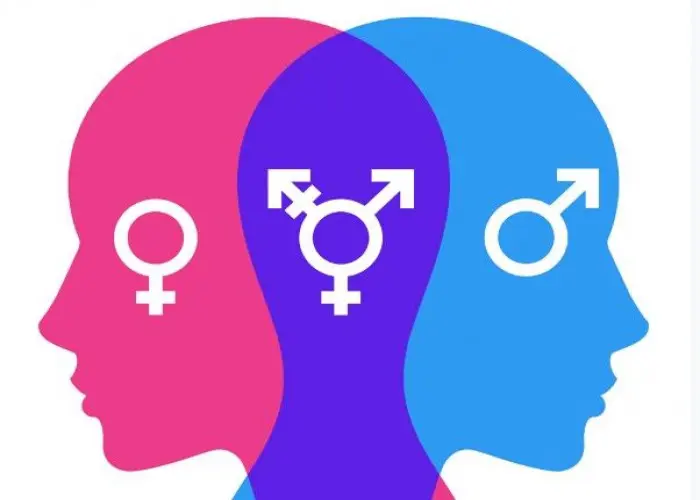
Gender dysphoria
iga nephropathy, berger's disease, আইজিএ নেফ্রোপ্যাথি, বার্জার রোগ
To be happy, beautiful, healthy, wealthy, hale and long-lived stay with DM3S.
